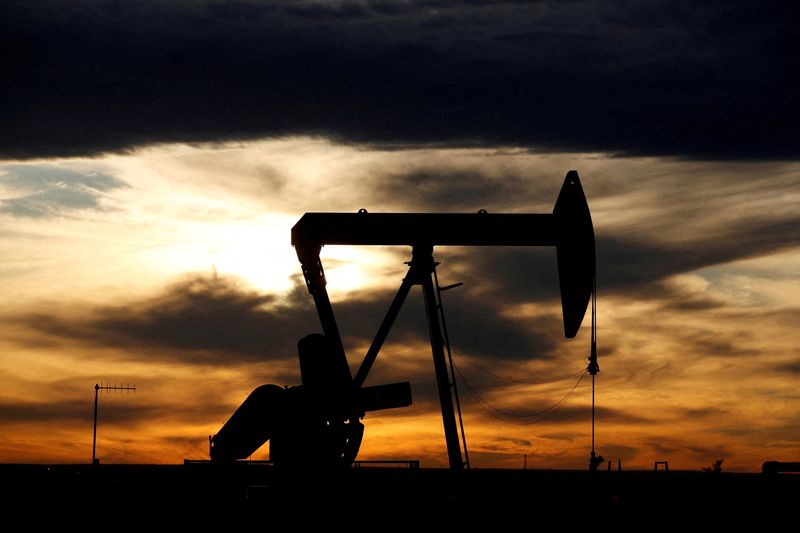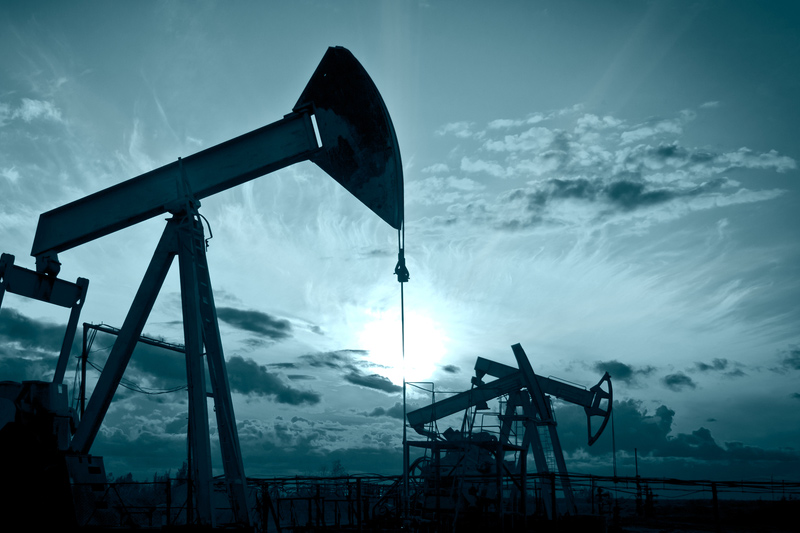By Nicole Jao
NEW YORK (Reuters) -Oil prices fell in weak trading on Monday ahead of the Christmas holidays, reflecting concerns about a supply glut next year and a stronger dollar.
futures fell 31 cents, or 0.43%, to $72.63 a barrel. U.S. West Texas Intermediate crude futures fell 22 cents, or 0.32%, to $69.24 a barrel.
Macquarie analysts forecast a growing supply glut next year, leaving Brent prices at an average of $70.50 per barrel, compared with this year’s average of $79.64, they said in a December report.
Concerns about European supplies eased after reports that the Druzhba pipeline, which sends Russian and Kazakh oil to Hungary, Slovakia, the Czech Republic and Germany, has restarted after being shut down on Thursday due to technical problems at a Russian pumping station.
The U.S. dollar was hovering around a two-year high on Monday morning after reaching that milestone on Friday.
“As the US dollar turns from weaker to stronger, oil prices have given up previous gains,” said UBS analyst Giovanni Staunovo.
A stronger dollar makes oil more expensive for holders of other currencies.
On Friday, US data showing that inflation was cooling helped allay concerns following the Federal Reserve’s rate cut last week.
“With the Fed sending mixed signals and some of these economic data points not being as robust, the market is lethargic,” said John Kilduff, partner at Again Capital in New York.
Brent futures fell about 2.1% last week, while WTI futures lost 2.6%, on concerns about global economic growth and oil demand after the US central bank signaled caution over further easing of the monetary policy.
Research from top Asian refiner Sinopec (OTC:) showing that Chinese oil consumption would peak in 2027 also weighed on prices.

Newly elected US President Donald Trump urged the European Union on Friday to increase imports of US oil and gas or face tariffs on the bloc’s exports.
Trump also threatened on Sunday to reassert US control of the Panama Canal, accusing Panama of excessive tariffs for using the Central American passageway and drawing a sharp rebuke from Panamanian President Jose Raul Mulino.


